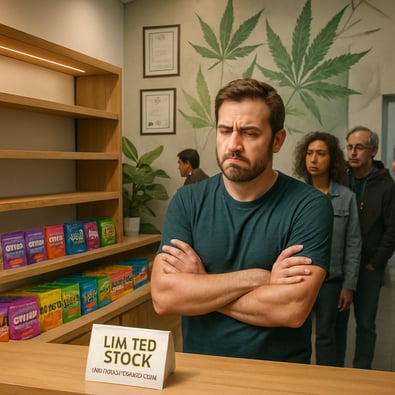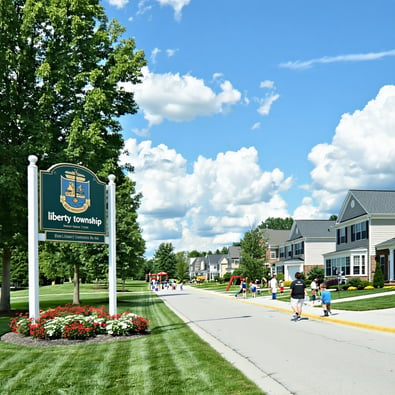Greenfield Mayor Ginny Desorgher has thrown her administration’s support behind new legislation that aims to improve aging municipal and public safety buildings in small towns across Massachusetts. The proposed bill, titled “An Act Creating a Municipal and Public Safety Building Authority,” suggests using a portion of state marijuana excise tax revenues to fund the construction and renovation of critical public facilities like city halls, fire stations, and police departments.
Under the proposal, one-third of all revenue collected from the state’s marijuana excise tax would be directed into a dedicated fund. That fund would specifically support cities and towns—especially smaller ones—that are struggling to repair or replace outdated municipal infrastructure.
For Mayor Desorgher, the need is immediate and personal. In an interview with Western Mass News, she described serious issues affecting Greenfield City Hall, including weeks without heat during winter, a sewer backup into the building, a collapsed stairwell at the entrance, and even a bathroom ceiling collapse just last week.
“We’ve had a house sewer trap with sewage backing up into the city hall twice. We had to dig up under the cement part of the floor in the basement.”
The mayor noted that Greenfield’s Department of Public Works building is also in urgent need of improvements. However, due to limited financial resources, the city lacks the tax base to support major infrastructure projects on its own. Desorgher emphasized that the bill would not impose new tax burdens on residents but would rather redirect existing revenue from cannabis sales to where it’s needed most.
She has written a formal letter of support to the Joint Committee on Public Safety and Homeland Security, urging legislators to pass the bill. A public hearing on the proposal was scheduled for today at the State House in Beacon Hill.
“This legislation would be a game-changer,” Desorgher said. “There’s no dedicated funding for these types of buildings right now, and yet these facilities are vital to running any town or city.”
If passed, the bill could represent a major step forward for underserved municipalities across Massachusetts. It also showcases a creative and community-oriented use of cannabis tax revenue—a move that could set a precedent for other states looking to balance legalization with reinvestment in local infrastructure.
Stay tuned to Western Mass News for updates on this developing story.





